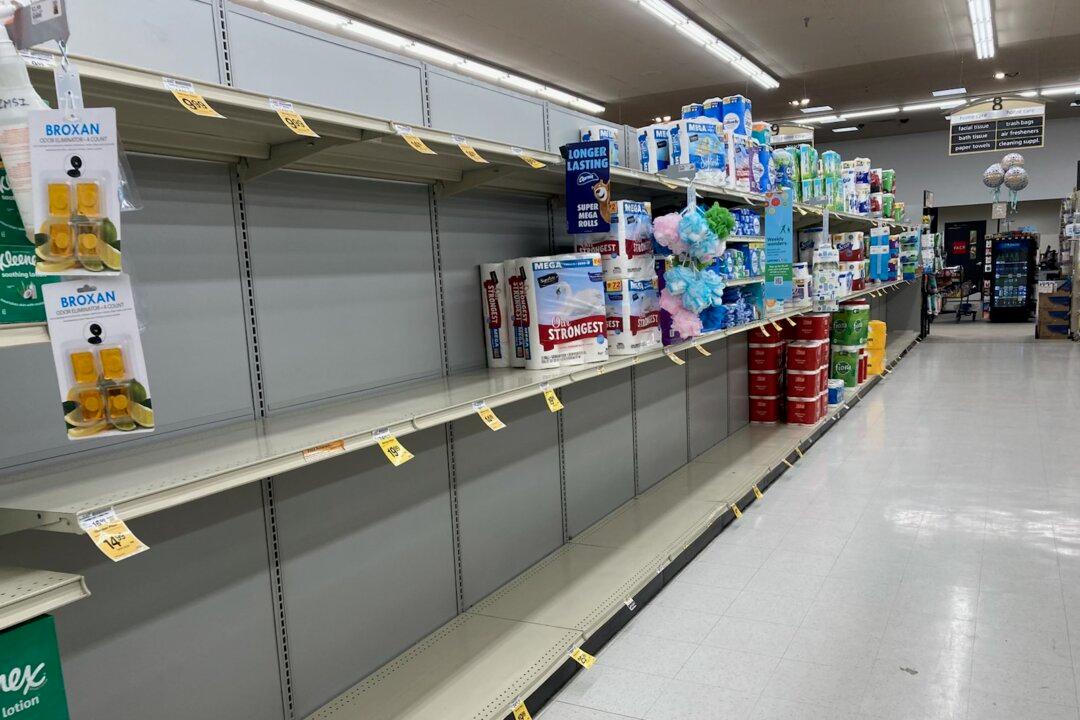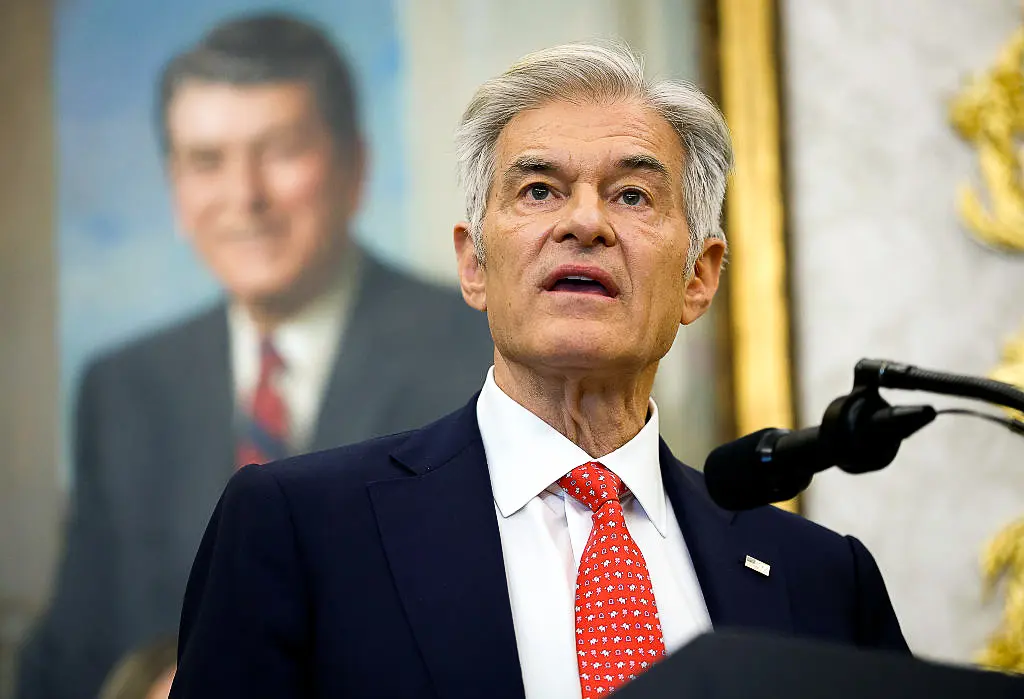Amid a supply chain crunch and rising inflation, several economists have argued that recent drops in consumer sentiment suggest a recession is looming.
David Blanchflower of Dartmouth College and Alex Bryson of University College London, in a report, pointed to signals before the 2008 recession. They noted that the “wisdom of crowds,” rather than experts or intellectuals, is generally superior in making such predictions.





